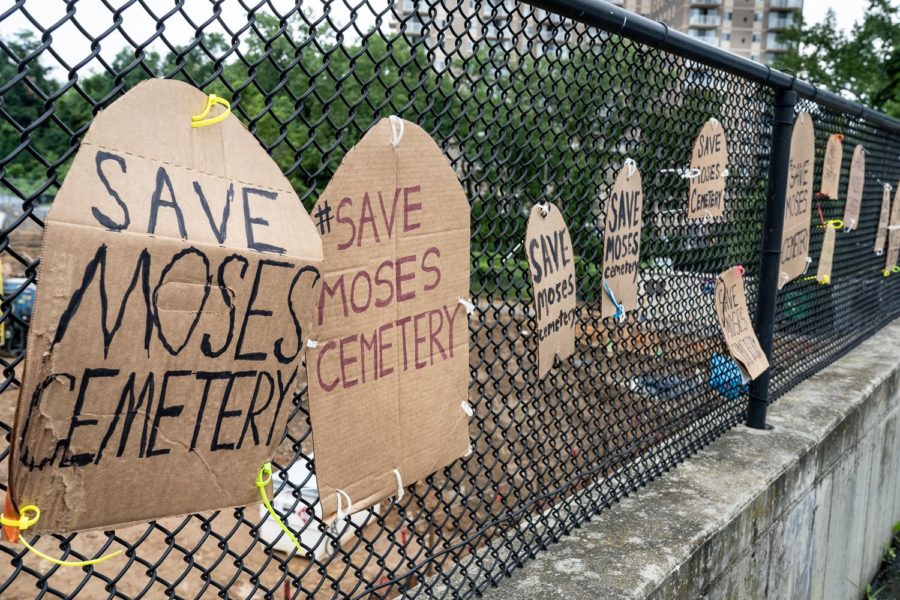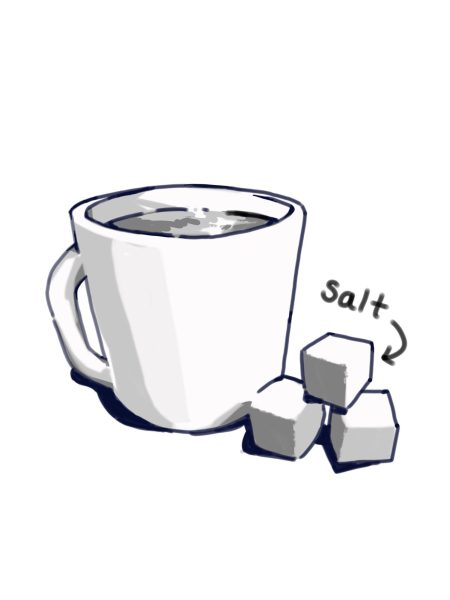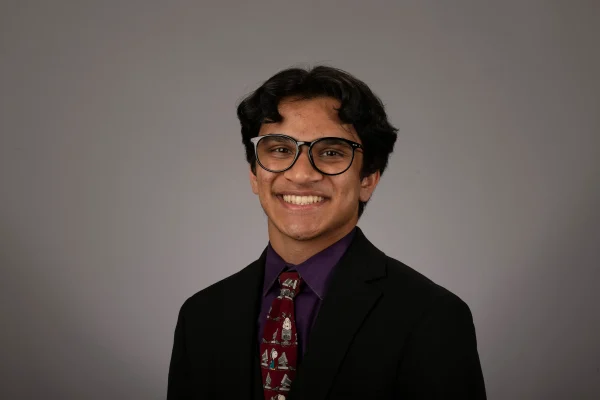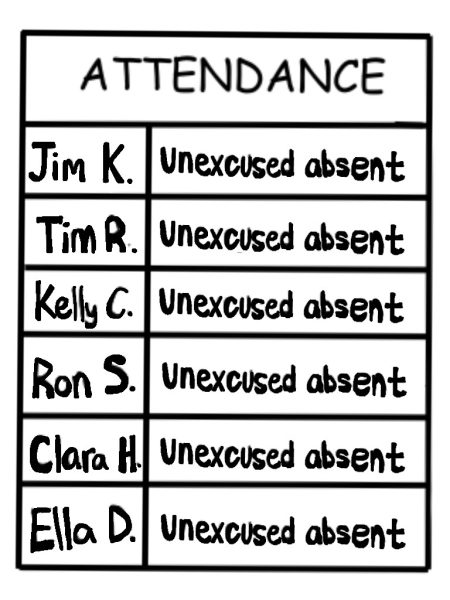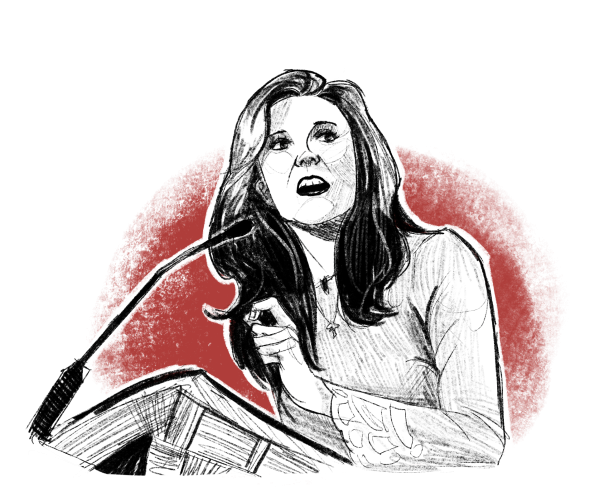The fight over Black cemeteries
Photo courtesy of the Bethesda African Cemetery Coalition
The Bethesda African Cemetery Coalition spearheaded efforts to deter the HOC from replacing the historic Moses Macedonia African Cemetery.
December 2, 2022
For the last several years, there has been debate over the fate of historic Black cemeteries, such as the Moses Macedonia African Cemetery. The cemetery, located in Bethesda, Maryland, is one of America’s oldest Black cemeteries. Now, it has been threatened by efforts to replace it with new development.
On Oct. 6, Maryland’s second highest court began hearing a dispute over whether the Housing Opportunities Commission (HOC) can purchase a Montgomery County apartment building, where this historic Black cemetery is located. A lawsuit was filed last year by the Bethesda African Cemetery Coalition, claiming the HOC violated state law through a pending sale of a portion of a cemetery.
The Bethesda African Cemetery Coalition has been fighting for more than six years to preserve the cemetery and even sued to halt a $51 million sale last year.
Contributing to the long standing fight, the Bethesda African Cemetery Coalition held a protest outside the courthouse on Oct. 19. Twenty activists joined together to shed light on what they saw as injustice.
The cemetery is the burial site of an estimated 500 African Americans who were enslaved. Activists from the coalition see the HOC’s acts as erasing Black history.
Many RM students agree. “The history and importance of those buried in the cemeteries should be recognized and they definitely should not be torn down,” senior Kelsey Lee said.
A Montgomery County judge issued a preliminary injunction, however, the HOC stated that it was unnecessary to seek permission from a judge to complete the sale, despite a 1924 law that is meant to protect gravesites in cases where someone wants to repurpose a burial ground. The law is meant to serve as a protection to the dead since they can not speak for themselves.


